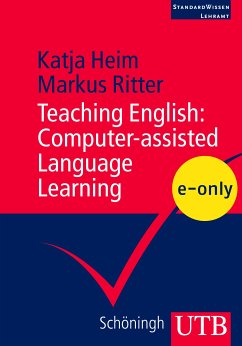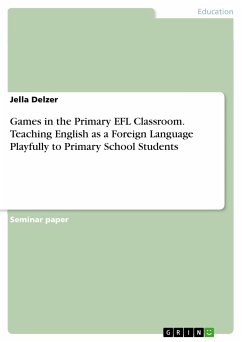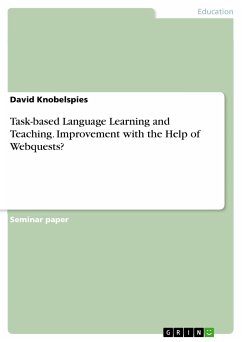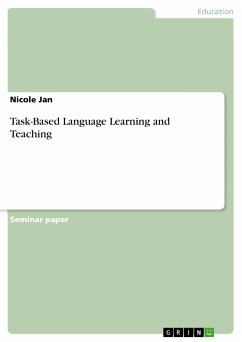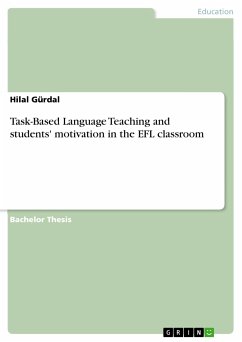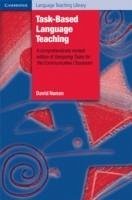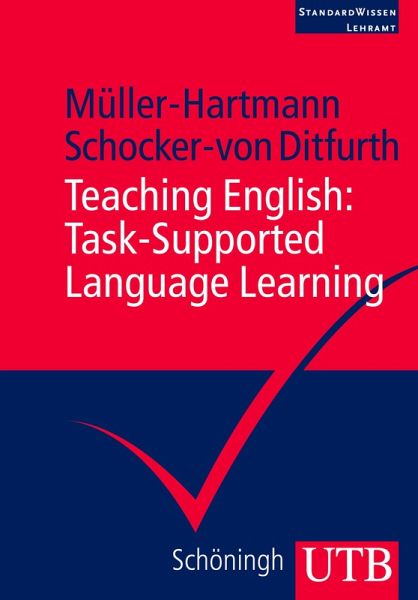
Teaching English: Task-Supported Language Learning (eBook, PDF)

PAYBACK Punkte
0 °P sammeln!
The book introduces a promising approach to language teaching. It uses carefully designed language learning tasks that have the potential to motivate learners to get involved. The book discusses current research on tasks and presents appropriate classroom language learning procedures. It recognises the fact that the coursebook is a basic feature of language learning in most EFL contexts and demonstrates how it can become more task-supported. In diesem UTB wird ein neuer, stark diskutierter Ansatz für den Fremdsprachenunterricht vorgestellt. Es geht darum, Lernaufgaben zu formulieren, die helf...
The book introduces a promising approach to language teaching. It uses carefully designed language learning tasks that have the potential to motivate learners to get involved. The book discusses current research on tasks and presents appropriate classroom language learning procedures. It recognises the fact that the coursebook is a basic feature of language learning in most EFL contexts and demonstrates how it can become more task-supported. In diesem UTB wird ein neuer, stark diskutierter Ansatz für den Fremdsprachenunterricht vorgestellt. Es geht darum, Lernaufgaben zu formulieren, die helfen, Schüler zu motivieren, sich aktiv einzubringen. Die Leser werden über den aktuellen fachdidaktischen Erkenntnisstand zum Thema und konkrete Unterrichtsgestaltungen informiert. Dass das Lehrbuch im Englischunterricht immer noch eine zentrale Rolle spielt, findet bei diesen Überlegungen angemessene Berücksichtigung.
Dieser Download kann aus rechtlichen Gründen nur mit Rechnungsadresse in A, B, BG, CY, CZ, D, DK, EW, E, FIN, F, GR, HR, H, IRL, I, LT, L, LR, M, NL, PL, P, R, S, SLO, SK ausgeliefert werden.




